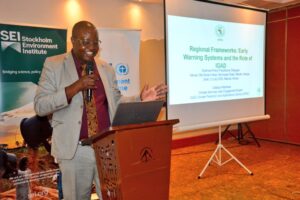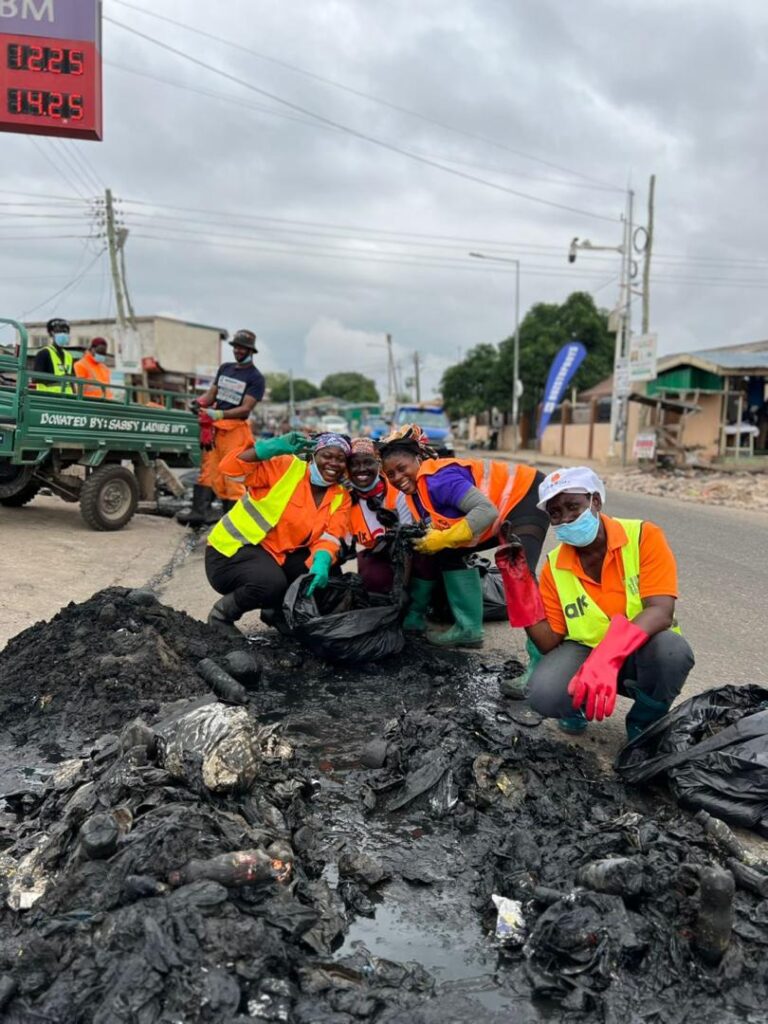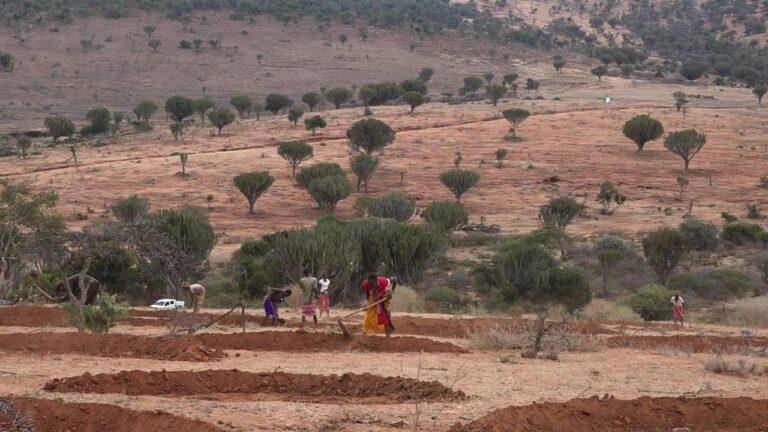In a landmark move to strengthen urban climate resilience in East Africa, the United Nations Environment Programme (UNEP) and the Stockholm Environment Institute (SEI) have jointly launched a multi-country initiative that integrates air quality data into climate adaptation planning across Nairobi, Kampala, and Addis Ababa.
This initiative, unveiled during the Science-Policy Practitioner Dialogue held at Nairobi’s Ole Sereni Hotel, aims to build early warning systems that harness air quality data to anticipate and manage public health and environmental risks in rapidly urbanizing cities.
The program is anchored in the Water-Energy-Food (WEF) nexus, recognizing the interdependence of urban systems and the need for integrated, data-driven interventions to tackle multiple stressors—ranging from air pollution and heat stress to flooding and disease outbreaks.
“Air quality monitoring must move from data collection to informing real-time decision-making. Our collaboration with cities is designed to deliver just that,” said Dr. Anderson Kehbila, Programme Lead for Energy and Climate Change at SEI Africa.

In Nairobi, SEI and the Nairobi City County Government have deployed over 40 low-cost, real-time air quality sensors across key locations such as schools, hospitals, residential estates, industrial zones, and transport corridors. These sensors monitor PM2.5, PM10, CO2, and CO concentrations alongside meteorological variables such as humidity and temperature.
The data feeds into Nairobi’s Air Quality Action Plan, informing everything from urban planning to public health interventions. Nairobi’s Deputy Director for Climate Change and Air Quality Monitoring, Maurice Kavai, emphasized the city’s commitment to leveraging the data to guide evidence-based policies.
In Kampala, SEI is working with the Kampala Capital City Authority (KCCA) to develop air quality forecasting models and institutional capacity. These models will support early warning systems that help inform communities about pollution episodes and climate hazards.
Looking at the situation in Addis Ababa, SEI and the Addis Ababa Environmental Protection Authority (AAEPA) are embedding air quality data into a broader urban risk management framework that includes heat alerts and flood warnings.
A Regional Perspective: IGAD and Early Warnings for All
The Intergovernmental Authority on Development (IGAD), through its Climate Prediction and Applications Centre (ICPAC), is playing a key role in linking national-level air quality and climate efforts with regional frameworks. IGAD’s Climate Services User Engagement Expert, Calistus Wachana, noted that air quality data can enrich the Global Framework for Climate Services (GFCS) and the Early Warnings for All (EW4All) initiative, especially under its second pillar focused on hazard monitoring.
“Air pollution is not just a health issue—it is now recognized as a climate risk. Embedding it into early warning systems is a step forward in protecting our cities,” said Wachana.

The initiative also promotes cross-border coordination and supports the Africa Clean Air Programme and the Nairobi Air Quality Agreement, aligning local actions with continental ambitions.
A core outcome of the dialogue was the co-creation of a community-centric risk communication framework. Using mobile platforms like Safaricom and Airtel, the framework envisions delivering air quality alerts via SMS, especially to vulnerable populations like children, the elderly, and people with respiratory conditions. Resident associations such as Nyayo Estate were present to help shape localized communication strategies.
A draft roadmap for regional collaboration was presented, outlining joint priorities for Nairobi, Kampala, and Addis Ababa. It includes:
Integrating air quality data into climate services and urban planning
Enhancing institutional capacity and data-sharing protocols
Securing funding for sustainable implementation
The dialogue concluded with a call for bold and coordinated action, urging governments, scientists, and communities to work hand in hand to clean the air and build resilient cities.
“We now have the science, the tools, and the momentum. What we need is collective political will and investment to scale impact,” said Haithum Wingrove, Regional Air Quality Expert – Project Coordinator, Environmental Governance, UNEP, during the closing plenary.



